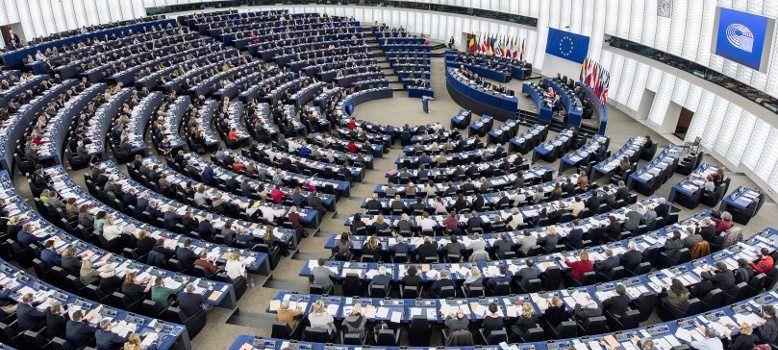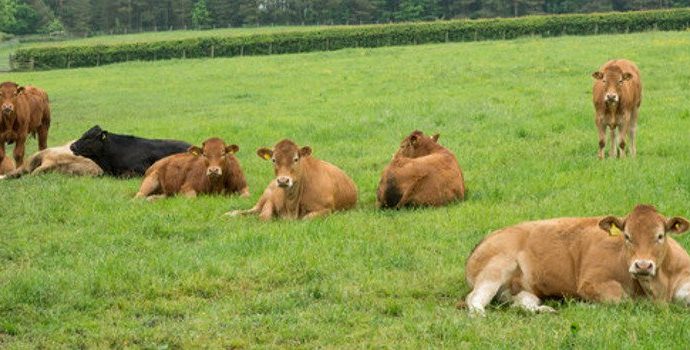Report by European Agriculture Committee Meps Highlights Failure on Standards in Brazil

“Brazil does not have the same traceability standards as EU producers” – this was the main conclusion of a report by the European Parliament Committee on Agriculture following a recent visit by a delegation of MEPs from the Committee to Brazil to investigate the beef and poultry industries.
Following visits to farms and meat factories in Brazil, the MEPs concluded that “Brazil does not have the same traceability standards as EU producers”. They found records are only kept of animal lots in factories and, as a result, “meat cannot be traced back to the individual farm from where the animal originated”.
IFA National Livestock Chairman Angus Woods said the reality is that after 20 years of trying, and having been given every opportunity by the EU Commission, Brazil has totally failed to put any type of tagging and movement control system in place to provide basic traceability.
He said the visit by the MEPs to Brazil and mission report highlight that up to 30 Brazilian meat companies have been selling contaminated meat on the export and domestic markets. The reports states, “Sanitary and export certificates were falsified and federal inspectors bribed. The Carne Fraca or Weak Meat scandal led to increased concerns that Brazilian sanitary measures are not up to European standards and the results of the EU Commission’s own analysis through audit reports and SPS checks have raised alarm in relation to meat exports from Brazil.”
The IFA Livestock leader said the latest report from MEPs proves once again that Brazil fails to meet EU standards across all of the critical issues of traceability, food safety, animal health and welfare, environmental and labour controls. He said MEPs must act on this report in Parliament and demand that Trade Commissioner Malmström and Agriculture Commission Hogan withdraw agriculture and especially beef from the current Mercosur negotiations.
“MEPs need to seriously question the credibility of continuing to negotiate with Mercosur when the Commission has absolute proof that Brazil fails to meet EU standards and when the Brazilian administration is subject to serious allegations of corruption and fraud.”
Angus Woods said the members of the European Agriculture Committee met with the Brazilian Agriculture Minister Maggi and raised very serious questions about the use of hormones and the use of antibiotics in beef production. The MEPs also met with the leader of the Brazilian Senate, Senator Romero Juca and raised questions over the lack of sufficient controls on products exported to the EU.
In a revelation by the Brazilian Federal Inspection Service, the MEPs were told that there are only 1,460 veterinarians available to inspect 4,678 factories.
The MEPs visited a farm in Mato Grosso of 4,500 ha and 3,000 cattle supplying the European market. The farm also produces corn, cotton and GMO and non-GMO soya. It was claimed the animals are fed non-GMO soya and certified to be exported to the EU. The group also visited another agricultural group managing 520,000 ha of land with more than 120,000 head of cattle which are intended for exported to the European market.
Angus Woods said at a recent meeting of the COPA Beef Committee in Brussels, the IFA met with a member of the Agriculture Committee delegation to Brazil, Michel Dantin MEP, to discuss their findings. Angus Woods also pointed out that Northern Ireland MEP Jim Nicholoson was also part of the group to visit Brazil.



